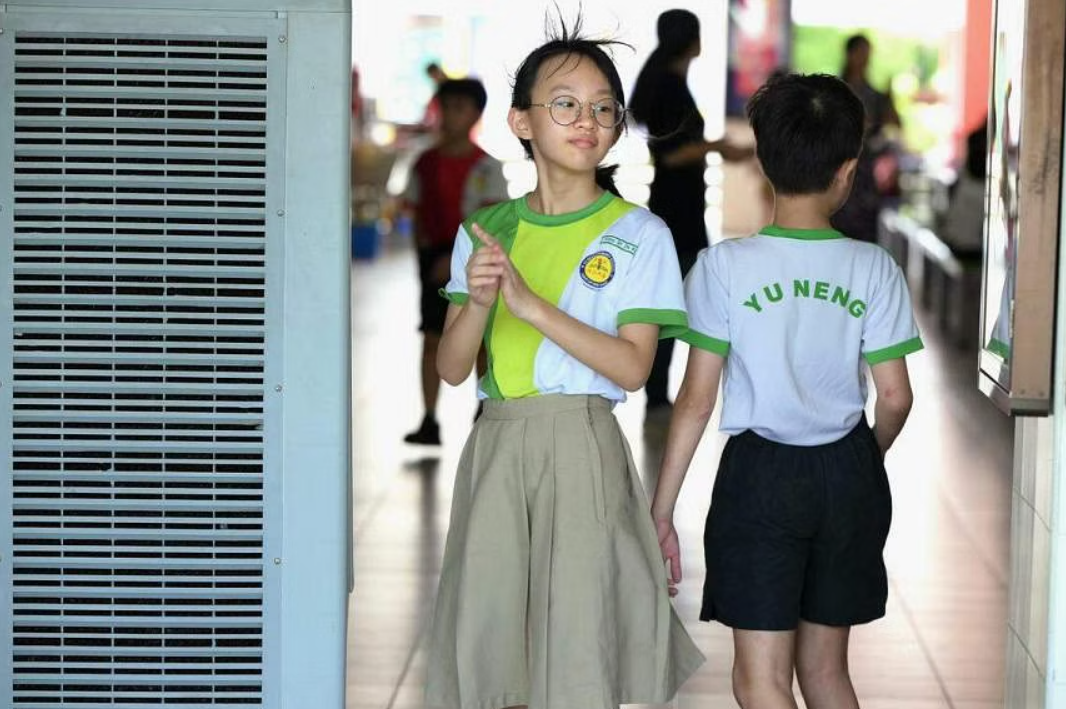How Singapore schools are implementing innovative solutions to tackle intense heatwaves

Many countries in Asia are experiencing heat waves since April 2023 resulting in record-high temperatures that have posed a severe health risk.
Hundreds of deaths have been reported already in countries including India, Bangladesh, Thailand, Cambodia, and the Philippines among others.
According to the Meteorological Service Singapore, the highest Ultraviolet (UV) Index reading in Singapore in 2024 was recorded at 1.30 pm on February 15. It measured 14, just one point away from the maximum level of 15 on the UV index. The highest daily temperature of 36.4 deg C was recorded at Paya Lebar on April 26, 2024.
In the face of this, affected countries are devising innovative ways to combat the heat and provide relief for people.
The Straits Times reports that Singaporean schools are tackling the challenge of improving heat conditions in their respective schools to make life easier for students amidst the heat waves.
Polo Tee-shirts
What was known as a second official uniform for students at the Beatty Secondary School has been adopted as a regular uniform now to manage the heat and humidity. The school introduced polo tees made of dri-fit materials with moisture-wicking properties as a more casual and comfortable uniform to wear in 2020.
The dri-fit properties of the shirts aid in dealing with the sweat from the body but until April 2024, students were mandated to wear the full uniform (school shirt and tie) on Mondays. Now teachers and students can wear these tee shirts throughout the week to control the heat impact.
Trees and blower fans
At the Yu Neng Primary School in Singapore, a variety of trees planted by the school since 2005 serve as shade and heat relievers for students. Aside from its natural airy feel, it also neutralises the heat effect on students.
Beyond the trees, the school is utilising blower fans donated to the school in 2015. The blowers, 10 of which have been placed at strategic points including the canteen, hall, and walkways in the school provide relief from the heat. Students stand in front of the blower fans which circulate cool air and generate wind to cool down heat.
Cool paints and sunshades
The Tampines Secondary School has adopted Thermal comfort strategies to improve temperatures in the school. A pilot test conducted in the school to explore thermal comfort and energy efficiency in an existing building has been extended to all other parts of the school. The test conducted in 2018 used cool paint which reflects solar radiation from the surface of the ceiling of the test building resulting in the reduction of 12 degrees celcius in the roof surface temperature and 1.8 degrees celcius in the indoor ceiling surface temperature.
Direct current motor fans were also installed and rain diverters made to prevent rain from entering classrooms were converted into perforated panels to act as sunshades.
The extension of this test to all parts of the school has ensured that indoor thermal comfort is experienced by teachers and students without resorting to the use of air conditions particularly during the heatwaves.